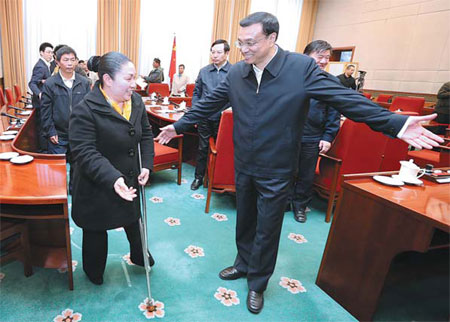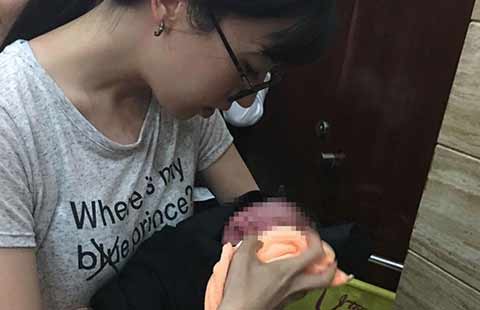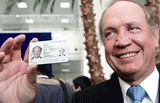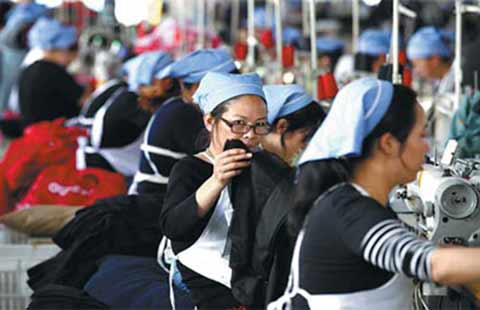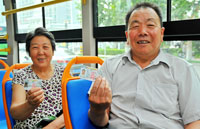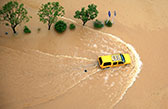Rural doctors bring hope
By Yang Wanli and Tang Yue (China Daily) Updated: 2013-01-09 07:32Arduous treks and difficult conditions must often be negotiated before patients in isolated areas get medical treatment, report Yang Wanli and Tang Yue.
Losong Gyaltsen left his home in the Tibet autonomous region on New Year's Eve and set off on his first trip outside the area.
Despite the title "village doctor", the 33-year-old doesn't actually hold a medical degree, but is licensed to provide basic services in rural areas.
Like many people, the young man was looking forward to seeing Tian'anmen Square, but one place he never imagined he would visit was his "biggest surprise" - Zhongnanhai, the residential compound for China's top leaders in downtown Beijing.
Although the January day was sunny, the wind was bitterly cold. Losong Gyaltsen recalled the moment Vice-Premier Li Keqiang entered the room. "I was too nervous to speak, so I just kept saying 'hello'," he said.
The vice-premier met with 18 village doctors from across the country. All work in rural areas, but Losong Gyaltsen was the only one from Tibet. In his 18 years in Shading county, in the east of the region, he has delivered more than 500 babies, many of whom had extremely difficult births.
Serving around 2,000 residents in 16 villages, 13 of which have no access to good roads, Losong Gyaltsen relies on his horse. A one-way trip to a village can take as long as seven days and he is accustomed to carrying supplies of food and water on his rounds.
He often crosses 5,000-meter-high mountains where the winter snow can reach as high as his knees and stones made unstable by the heavy flow of water crash into the ravines far below.
Losong Gyaltsen is among 1 million village doctors operating out of 648,000 health centers and providing treatment for isolated communities. However, low pay, harsh living conditions and a lack of new talent entering the field make life hard for many of Losong Gyaltsen's more senior colleagues, half of whom are aged 50 or older.
Those aged between 20 and 29 account for just 7 percent of the total, according to a 2012 report by the Ministry of Health. The poor working conditions and a negligible chance of promotion mean the younger generation looks elsewhere for more lucrative and easier ways of making a living.
- Xi: Public health should underpin all govt strategies
- Female sci-fi writer wins Hugo accolade
- Spending patterns show shift to healthy lives
- Nation's next generation of missiles to be highly flexible
- Organ harvesting rumors slammed
- International trade corridor tested
- China's organ donation cases rise 45 percent in H1 of 2016
- Li urges top advisers to rely on broad vision
- China to strengthen regulation on real estate agencies
- Beijing garrison gets a new commander
